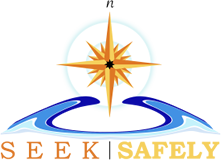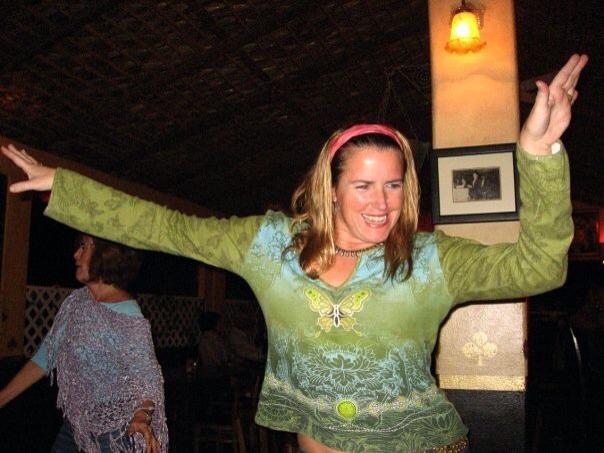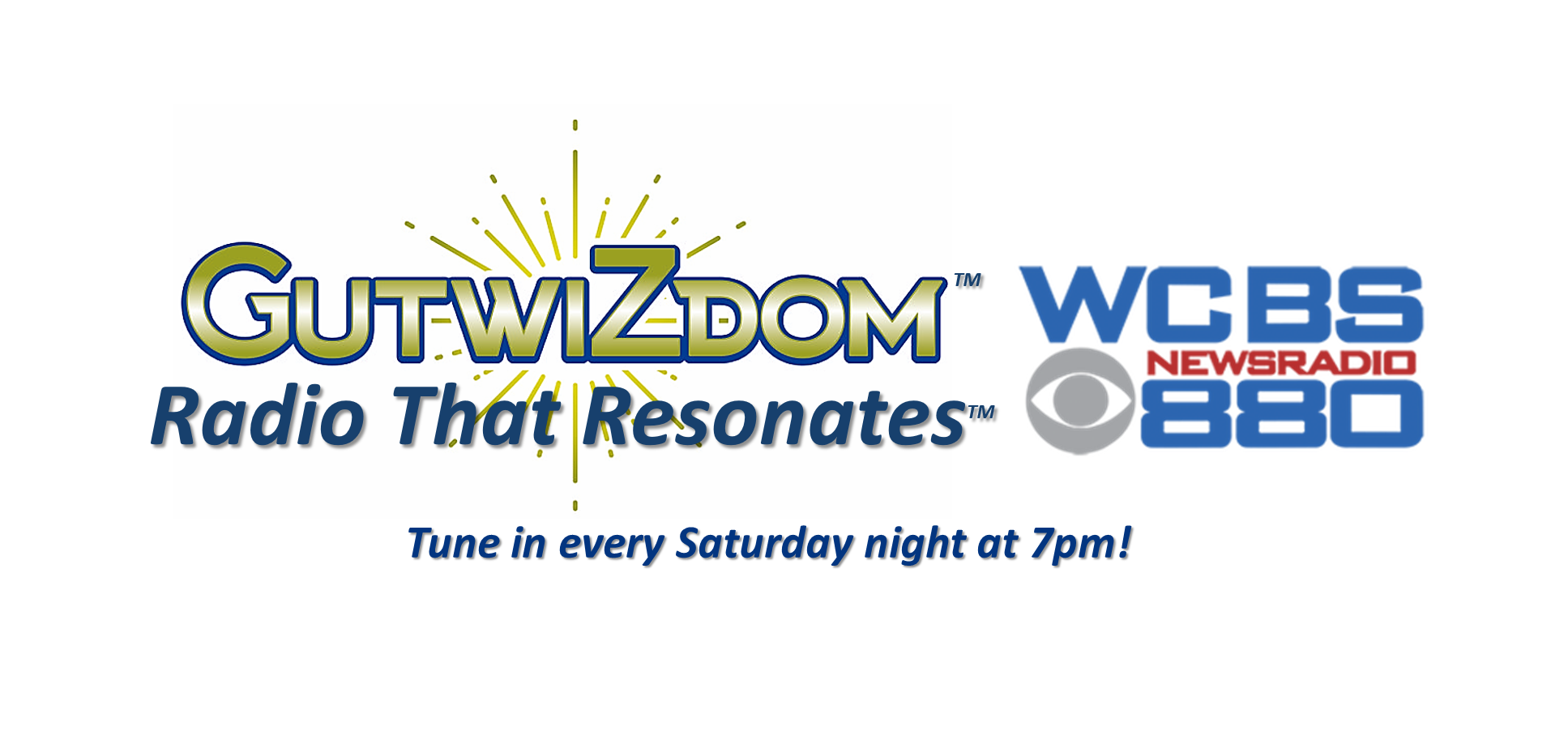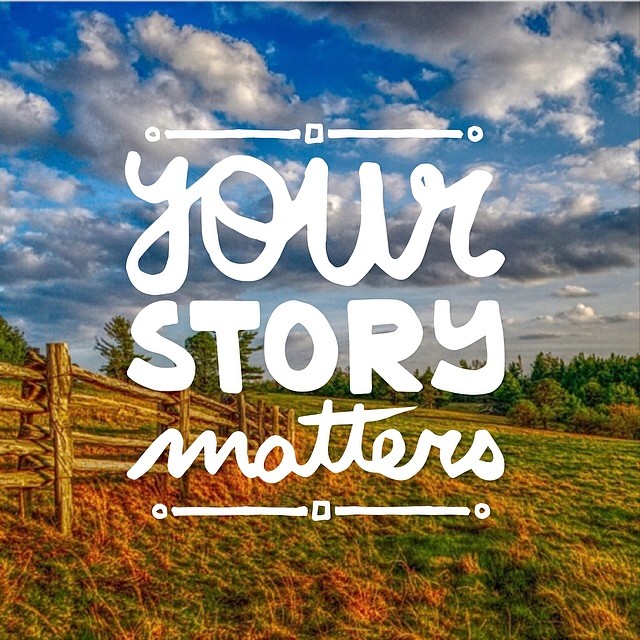
At many self-help events, participants are often asked to sign a waiver, which usually states that the person is freely participating and is aware that they may be taking certain risks for which they absolve the event coordinators and its leader from any legal responsibility.
It has become common practice when participating in any physical event that people are asked to sign a waiver, for themselves or their children. Such waivers have become normal and even expected in today’s litigious society.
However, when one signs a waiver, there is a common sense assumption that the person or group organizing the activity is aware of possible danger and has done everything to both minimize any risks taken by the participants and manage a crisis situation where a participant may be harmed.
After the Spiritual Warrior Retreat in Sedona, we now know that we cannot make this assumption. James Ray did not minimize the risks of the participants. In fact, he made maximizing the risk a goal! Despite this, he did not have a viable risk management plan in place and he did not have appropriate support, psychological or medical, to provide help in the face of possible harm.
James Ray’s negligence was on a criminal level, but this was not an isolated incident, and it could easily happen again. In the self-help industry, there are NO regulations for risk management, NO standards for safe practices, and NO code of ethical behavior.
So when asked to sign a waiver, we need to ask “What is the person running the event or the organization going to do to MINIMIZE RISK? What supports are in place if there is an accident? What protocol will be employed to assure my safety?”
At SEEK, we are in the process of creating a BILL of RIGHTS for seekers, asking those who offer self-help events to ascribe to certain standards of honesty and responsibility and helping seekers ask their leaders if they are willing to adhere to ethical and safe practices.
What would YOU want to see in a Seekers Bill of Rights?





